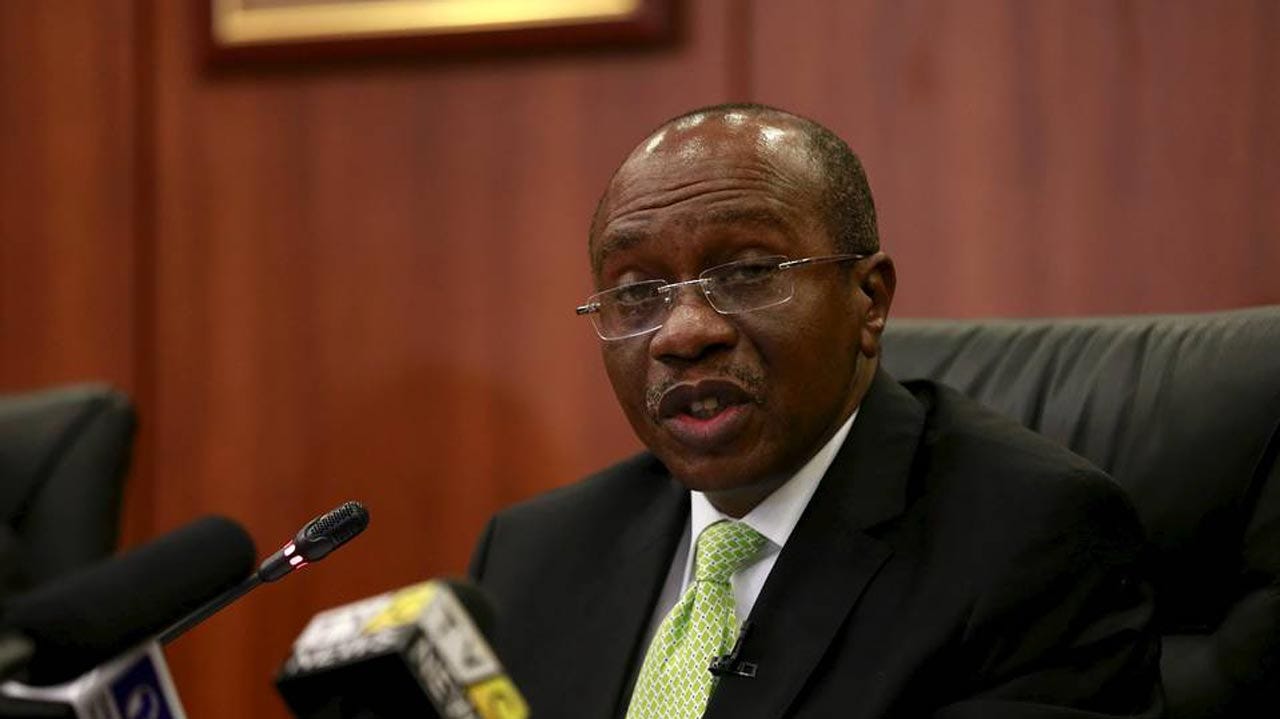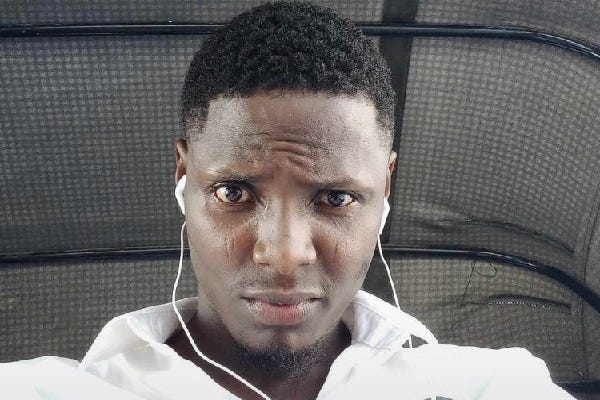Thursday briefing: Inside the Nigerian military’s mass abortion programme
+ Why CBN cash policy = more hardship for Nigerians
Good morning.
We are focused on a shocking Reuters report about a mass abortion progamme conducted by the Nigerian military, an explainer on why the CBN’s new cash policy is bad for you and a tragic shooting in Lagos.
Inside the Nigerian military’s mass abortion program
Since at least 2013, the Nigerian military has run a “secret, systematic and illegal abortion programme” in the northeast, ending at least 10,000 pregnancies, Reuters reported.
The program targeted women and girls who had been kidnapped and raped by Islamic militants.
The Reuters investigation was based on interviews with 33 women and girls who said they underwent abortions while in the custody of military authorities. Just one said she freely gave consent. Reuters also interviewed five civilian healthcare workers and nine security personnel involved in the programme.
“In addition, Reuters reviewed copies of military documents and civilian hospital records describing or tallying thousands of abortion procedures,” the report said.
Heartbreaking: “Bintu Ibrahim, now in her late 20s, recounted how soldiers gave her two injections without her consent after picking her up with a group of other women who fled the insurgents about three years ago. When the blood came, and the terrifying pain, she knew she and the others had been given abortions. The women protested and demanded to know why, she said, until the soldiers threatened to kill them.”
Denial: The Nigerian military has denied the existence of such a program. In a statement, military spokesperson, Jimmy Akpor accused Reuters of harbouring a wicked agenda:
Wickedness really runs in the veins of some people and it surely runs deep in the veins of the Reuters team that concocted such evil for interrogation. The fictitious series of stories actually constitute a body of insults on the Nigerian peoples and culture for, no people or culture in Nigeria practices such evil as dreamt up by the Reuters team. Irrespective of the security challenges we face as a nation, Nigerian peoples and cultures still cherish life. Hence, Nigerian military personnel have been raised, bred and further trained to protect lives, even at their own risk especially, when it concerns the lives of children, women and the elderly.
CBN’s cash policy to create more hardship for Nigerians
Except you are living in an underwater castle in the middle of the Atlantic, you probably know that the CBN has slashed the amount of cash you can withdraw from your bank account.
Speaking to Zikoko about the policy, macro and investment analyst, Adedayo Bakare, faulted the CBN’s rationale that there is too much cash in circulation.
“In Nigeria, the level of cash in circulation compared to our GDP is lower than what you’d find in Kenya,” he said. “Yet, Kenya has advanced payment systems. Nigeria, where such infrastructure hasn’t penetrated enough, is now saying it wants to introduce a cashless economy.”
The CBN has encouraged Nigerians to rely on USSD and mobile apps in lieu of cash, but how many Nigerians can afford to do that in the short term?
Besides, network outages and poor customer service continue to plague internet banking and mobile money in Nigeria.
“Essentially, this policy will create hardship for Nigerians,” Adedayo said. “When you go to the US, the EU, and even Kenya like I’ve mentioned, people still need to hold cash. This is especially true in rural areas where people aren’t very educated, in lower income groups, and are elderly. These people rely on cash.”
NECA: The union of employers said it was not consulted by the CBN on the new cash policy which is bound to impact “the livelihood of many individuals and enterprise sustainability.”
Oversight: The Senate said it will question two CBN deputy governors over the policy on Friday.
Counterclaim: Some analysts said the CBN move was a good development and could help strengthen the naira against the dollar.
Police kill 31-year-old man in Lagos
At about 10pm on Tuesday, Gafaru Buraimoh stepped out of SkyMall, a shopping centre in the Ajah area of Lagos. Some accounts say he was looking to buy fuel.
Unfortunately for Buraimoh, 31, policemen were raiding people selling black market fuel at the nearby Ajiwe filling station.
When one of the alleged illicit fuel marketers resisted seizure of his goods, the police started shooting sporadically.
One of the bullets hit Buraimoh, killing him in the process.
Reaction: The police said it is investigating the matter. “The officer behind the shooting, an Inspector of Police, was immediately disarmed and has been detained, as a full-scale investigation has commenced,” a statement signed by spokesperson Ben Hundeyin said.
Babajide Sanwo-Olu: The Lagos Governor said the incident saddened him. “No one deserves to die in that manner,” he said. “Buraimoh was one of our million citizens with hope for a better life. His death is a sad episode for me personally and the State as whole because injury to one is injury to all.”
Mr Macaroni: “The life of another Nigerian Youth, Gafaru Buraimoh has been cut short by a Nigerian Police Officer,” the actor-activist tweeted. “The same police that is meant to be protecting lives and properties are brutalizing and killing the people. Zero consequence for actions is why this is still happening.”
What else is happening?
D’Banj: The financial crime agency, ICPC, said it has detained the pop star over allegations of fraud associated with the N-Power programme. Lawyer to the ex-Mo Hits artiste said her client will be exonerated after investigations are concluded.
Abia state: Doctors are scheduled to begin an indefinite strike today over unpaid salaries stretching up to 25 months.
Viral video: After a video showing some persons copying information from PVCs onto their phones went viral on social media, INEC dismissed insinuations that the action was geared towards rigging the 2023 elections. Instead, the commission said, its personnel were manually uploading voter information from older uncollected PVCs in order to smoothen the process for PVC collection.
Climate: The Minister of Environment, Dr. Mohammed Abdullahi, asked Nigerians to hold their state governors accountable on what they do with the huge sums they receive routinely from the federation account for ecological challenges.
Education: In a relief for students, the Lagos state government has announced a 65 percent tuition fees cut for universities under its control. The move may be connected to the re-election of the Governor, Babajide Sanwo-Olu, in February.
Anti-crime: The police have launched an online portal - www.reportcmr.npf.gov.ng - to report stolen vehicles.
Telecoms: Airtel Nigeria has emerged the sole bidder in the second round of licensing for the deployment of 5G technology in the country.
Okonjo-Iweala: The WTO’s top chief has been named as one of the World’s 100 most powerful women in 2022 by Forbes. She said the recognition was “an honour and a privilege.”
And that’s it for today. See you tomorrow.






